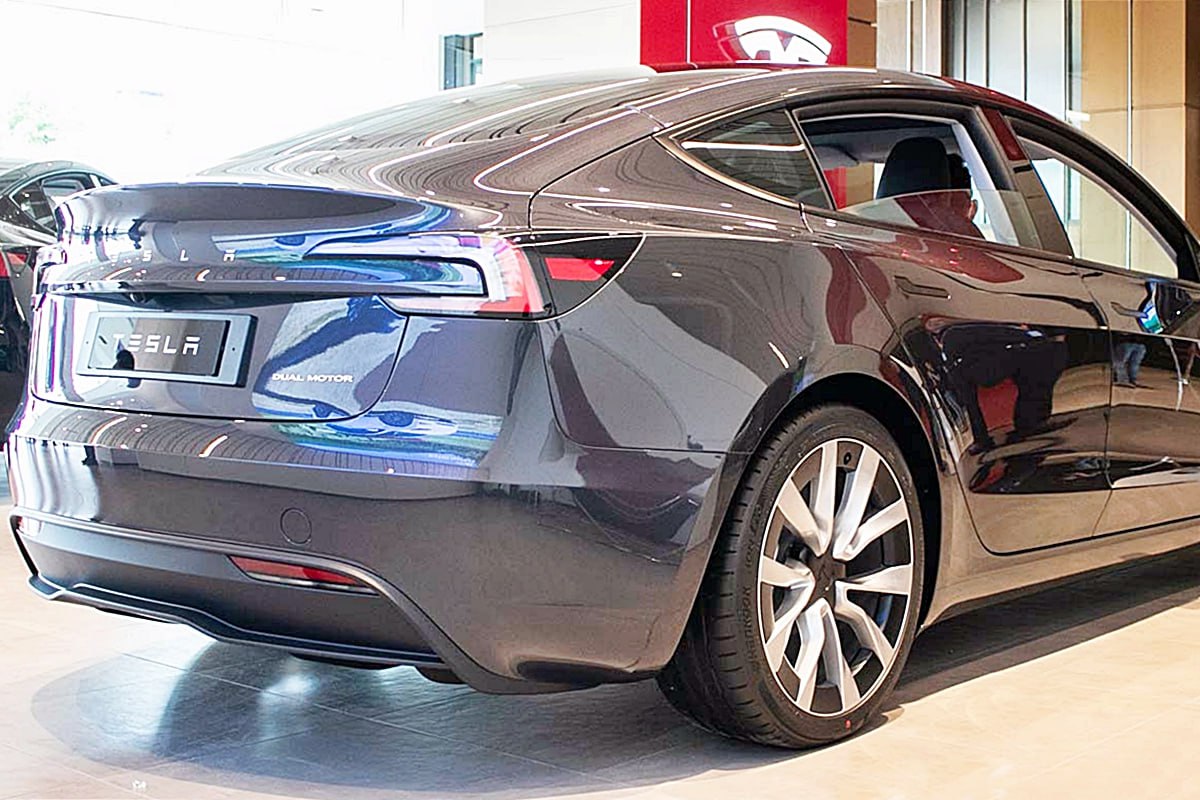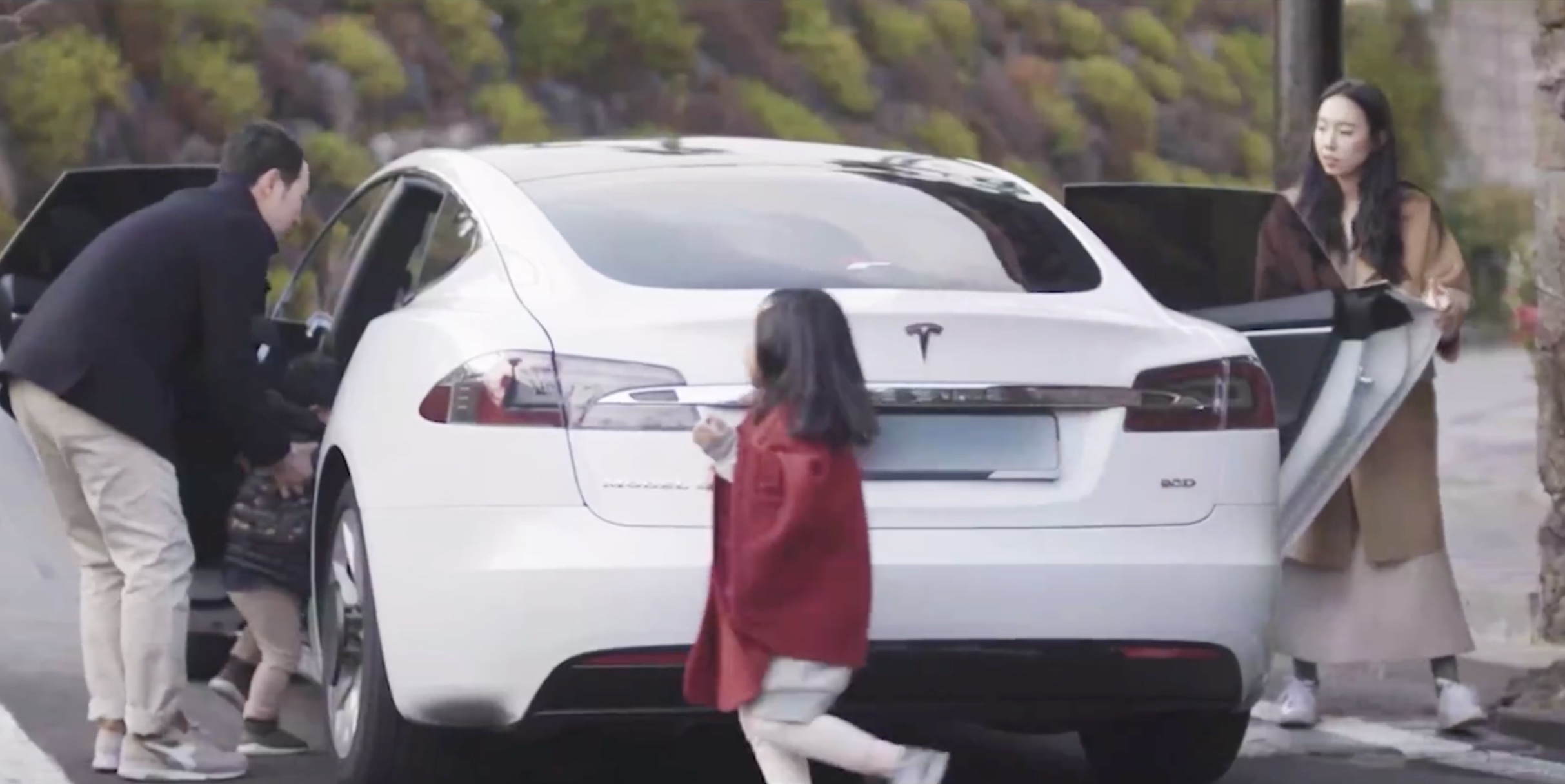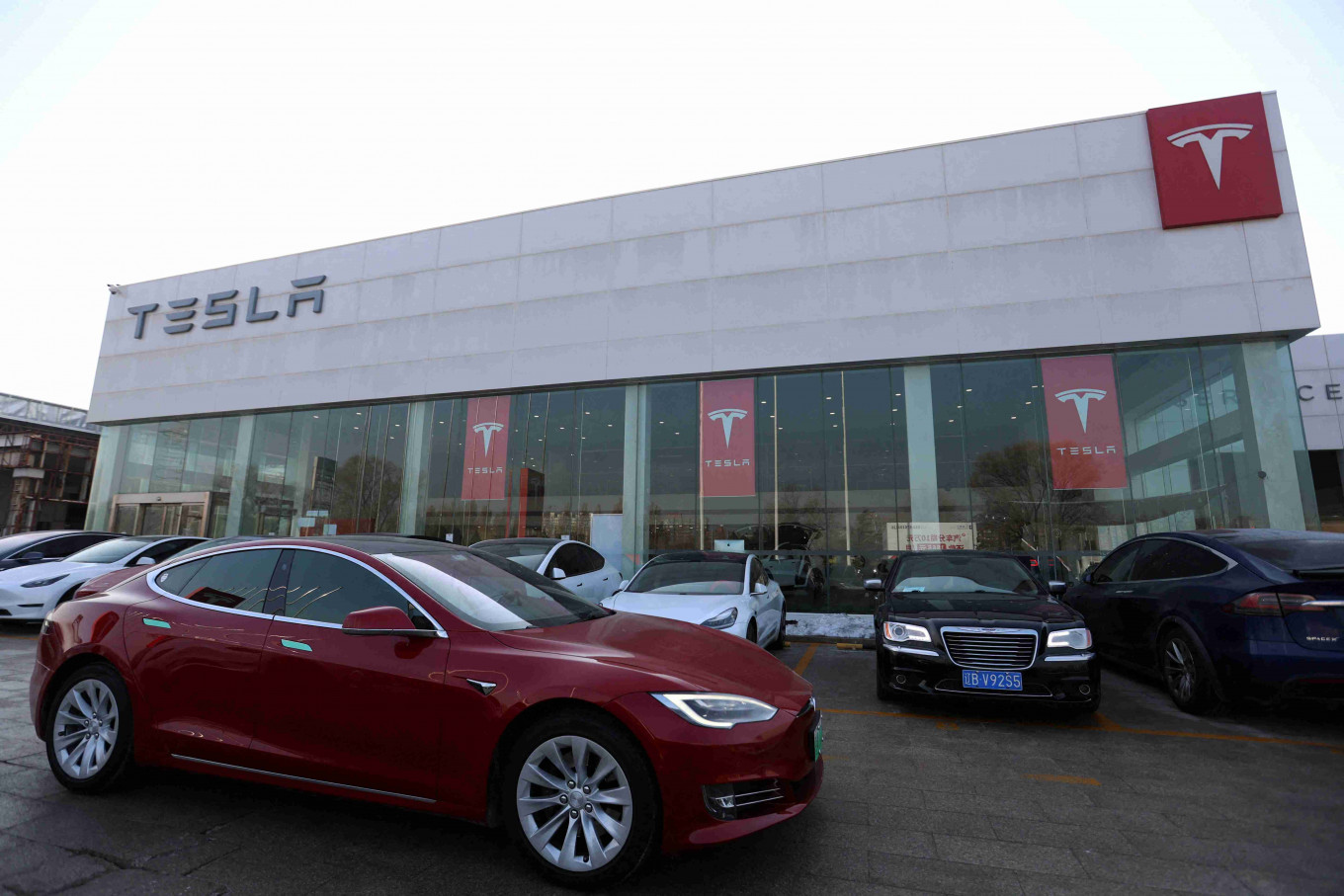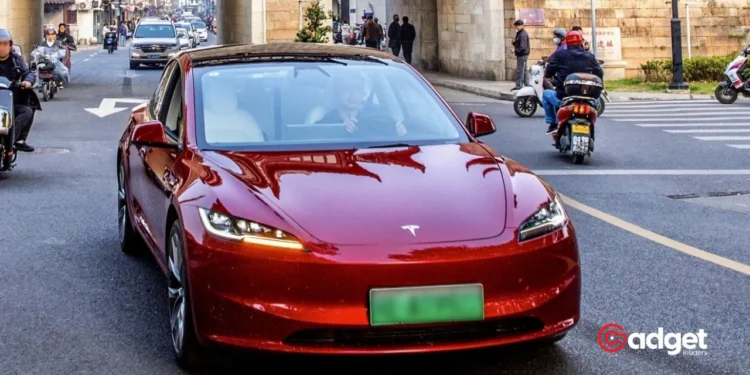Tesla Inc., a company renowned for its innovative approach to automotive technology, appears to be taking a surprising turn in its strategy. Despite CEO Elon Musk’s long-standing skepticism towards the necessity of high-definition maps for autonomous driving, Tesla has recently inked a significant deal with China’s Baidu Inc.
This partnership marks a notable shift, as it seems the company’s ambitions for deploying its Full Self-Driving (FSD) system in China necessitates a collaboration with a licensed local mapping entity.

Tesla: Revisiting Past Statements
Elon Musk has been vocal about his belief in an autonomous future that does not rely on what he previously termed “crutches” such as LIDAR and HD maps. In April 2019, Musk emphatically stated, “The two main crutches that should not be used and will in retrospect be false and foolish, are lidar and HD maps. Mark my words.”
This stance highlighted a vision of self-driving technology that leans heavily on adaptive artificial intelligence, capable of real-time roadway recognition without pre-mapped routes.
The Necessity of Local Partnerships
The driving force behind Tesla’s new venture with Baidu isn’t a change in Musk’s vision but a compliance strategy to meet Chinese regulatory standards. In China, any carmaker aiming to offer advanced driver-assistance systems must obtain a map-surveying qualification.
This qualification encompasses a range of mapping software, even those that generate maps dynamically through onboard detection systems. Baidu, with its top-level qualification and robust independent mapping system, emerges as an indispensable ally for the EV giant in this regulatory landscape.

Operational Dynamics and Data Security
Details about how Tesla plans to integrate Baidu’s lane-level precision mapping into its FSD system remain unclear. However, since 2020, Tesla has utilized Baidu’s technology for in-car mapping and navigation in China.
This collaboration might extend further, allowing the company to navigate the complex terrain of data collection and storage — a critical aspect given the sensitive nature of geographic information in China.
Junheng Li, founder and CEO of JL Warren Capital, suggests that “Baidu will provide Tesla with the mapping license it needs to collect driving data, supervise that collection process, and redact and store the data.”
Andrew Grant from BloombergNEF adds another layer to this scenario, proposing that “data collected by Tesla could be stored and processed on Baidu hardware or even by Baidu itself, ensuring that sensitive data remains within Chinese borders.”
Tesla seals deal for China maps, whether Musk wants them or not #maps #China https://t.co/vrTSzGFkWf via @technology
— Tom Kohn (@kohntom) May 1, 2024
Contrasting Regulatory Environments
The situation in China starkly contrasts with the regulatory approach in the United States, where the government has opted for voluntary guidelines rather than stringent rules for automated driving systems. This difference underscores the diverse strategies that international firms like Tesla must adopt to navigate varying regulatory landscapes globally.
Future Directions
Despite this strategic pivot in China, Musk’s overarching philosophy towards autonomous driving remains focused on a “generalized neural net-based approach,” as he reiterated in October 2020. He remains confident that high-definition maps and constant connectivity are not prerequisites for effective autonomous driving systems.

As Tesla navigates these regulatory and technological challenges, the industry watches closely. The partnership with Baidu not only facilitates the company’s expansion in the Chinese market but also sets a precedent for how innovative firms might adapt their pioneering technologies to meet local demands and regulations.
This strategic maneuver, while seemingly a departure from Musk’s original ethos, underscores a flexible approach to global market dynamics, positioning Tesla on a continued path of growth and adaptation in the ever-evolving realm of autonomous vehicles.










